2 Decades of Stop the War Coalition
From Iraq to Gaza – A Powerful Voice for Peace
The Stop the War Coalition is one of the most significant anti-war organizations in the United Kingdom, playing a crucial role in mobilizing public dissent against military interventions, particularly those led by Western powers. Since its formation in 2001, the coalition has been at the forefront of campaigns against war, advocating for diplomatic and peaceful solutions to international conflicts while simultaneously challenging government policies on militarization.
Over more than two decades, the coalition has not only been instrumental in shaping public opinion but has also influenced political discourse and foreign policy debates. Its unwavering stance against wars in the Middle East, NATO expansionism, and Western military interventions has made it a powerful voice in Britain’s anti-war movement. This article looks into the organization’s history, the key figures behind its creation, its ideological underpinnings, its major campaigns, and its lasting impact on public opinion and politics in the UK.
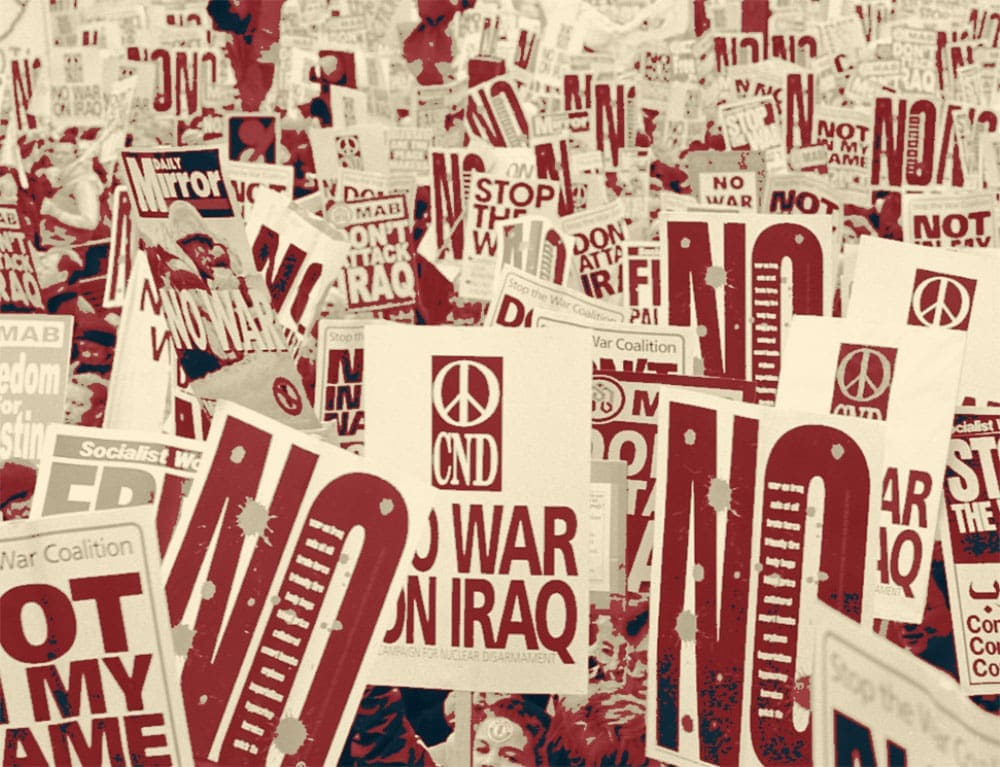
"History has shown that war is rarely a solution. Our role is to organize and demonstrate that there is always an alternative"
John Rees
All of our content is free to access. An independent magazine nonetheless requires investment, so if you take value from this article or any others, please consider sharing, subscribing to our mailing list or donating if you can. Your support is always gratefully received and will never be forgotten. To buy us a metaphorical coffee or two, please click this link.
Table of Contents
*All Book Images Open a New tab to our Bookshop
**If you buy books linked to our site, we get 10% commission from Bookshop.org, whose fees support independent bookshops.
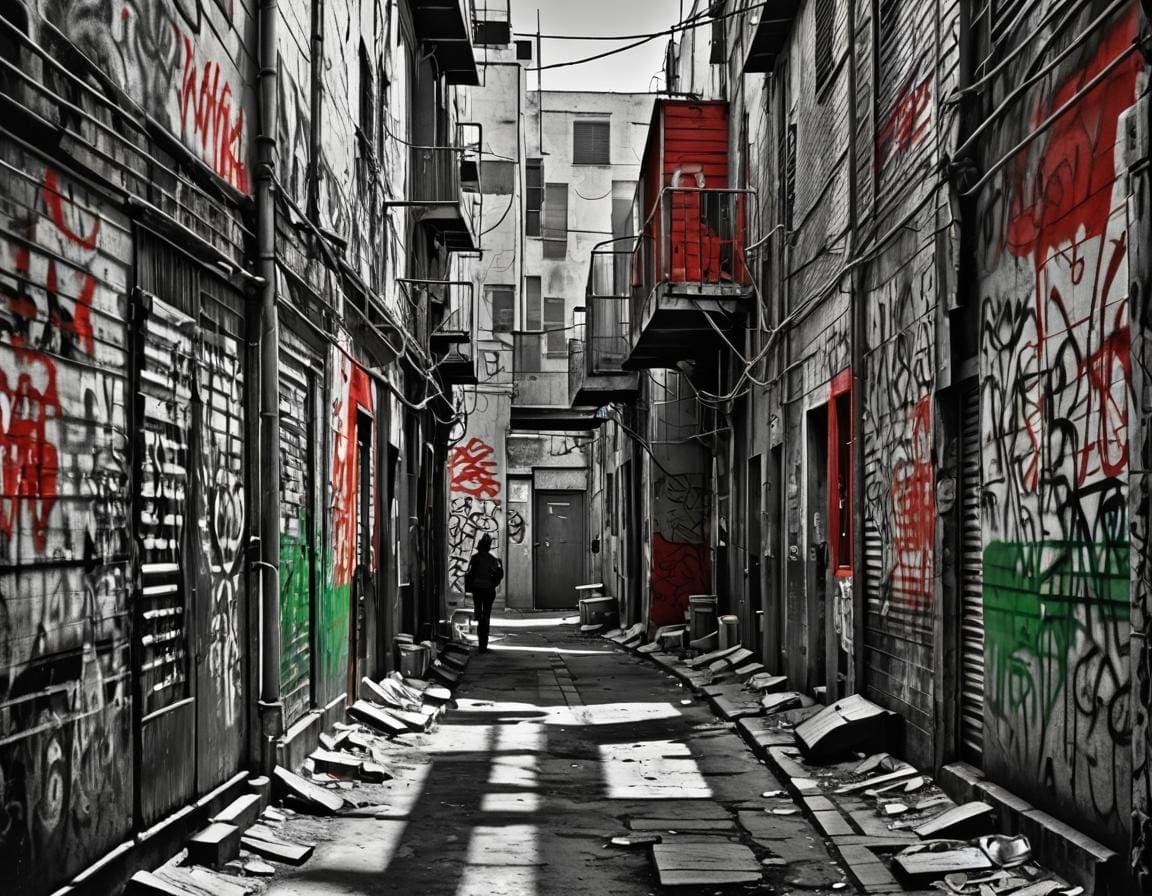
The Formation of Stop the War Coalition
The StWC was established on 21 September 2001, in response to the unfolding “War on Terror” initiated by the United States and its allies after the 9/11 attacks. The US-led invasion of Afghanistan was imminent, and many in the UK believed it would lead to an unending cycle of violence and conflict. To counter the growing momentum toward war, a diverse group of activists, politicians, and intellectuals came together to form a coalition that would challenge the British government’s participation in military interventions abroad.
Among the key figures involved in its formation was Tony Benn, the veteran Labour MP and lifelong socialist, who became one of the most vocal opponents of military interventions. Lindsey German, a journalist and member of the Socialist Workers Party, played a critical role in shaping the coalition’s activism, serving as its convenor for many years.
Other notable early members included Jeremy Corbyn, who later became leader of the Labour Party, John Rees, a historian and political activist, and Andrew Murray, a trade unionist with strong ties to the Communist Party of Britain. These individuals brought together a broad spectrum of leftist perspectives, uniting socialists, trade unionists, pacifists, and civil rights activists under a common cause.
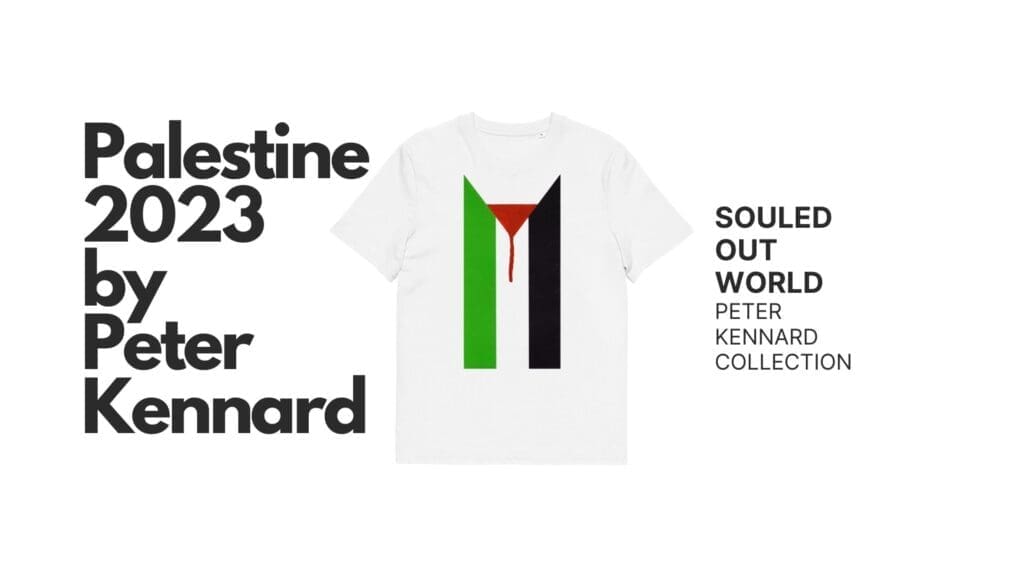
The coalition was officially launched at a packed meeting in London’s Conway Hall, where over 2,000 activists and concerned citizens gathered to strategize and mobilize against impending military action in Afghanistan. It quickly gained traction among the British public, many of whom had doubts about the justification for war. Within months, the StWC had established a robust network of local groups across the UK, organizing protests, public meetings, and direct actions to resist military interventionism. The coalition’s ability to unite diverse voices under a shared opposition to war became one of its defining strengths, ensuring its influence in anti-war movements for years to come.
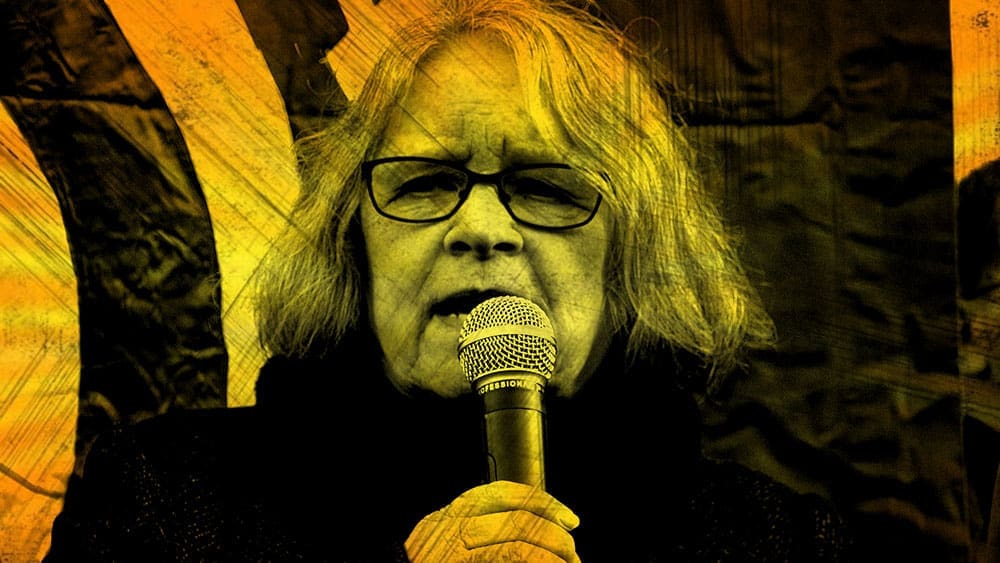
Key Figures and Leadership
The coalition has been shaped by several key figures who have played essential roles in its foundation and continued leadership. Tony Benn, a veteran politician and socialist, was instrumental in providing moral and political leadership. His speeches and writings on anti-war activism have remained influential even after his passing in 2014. Benn consistently spoke out against Western imperialism, advocating for diplomacy over military aggression.
Lindsey German
Lindsey German has been one of the most active figures in the coalition, serving as convenor and helping to shape its strategic direction. As a journalist and campaigner, she has been a central organizer of mass demonstrations, including the historic 2003 protests against the Iraq War. German has written extensively on anti-war movements, arguing that public mobilization is crucial to resisting government narratives on military action.
"Wars do not solve problems. They create long-term instability, suffering and further conflict."
Jeremy Corbyn
Jeremy Corbyn
Jeremy Corbyn, long before leading the Labour Party, was a founding member of the coalition and a committed anti-war activist. His involvement in Stop the War not only bolstered its credibility but also reinforced the importance of anti-war politics within mainstream Labour discussions. His tenure as Labour leader (2015-2020) brought the coalition’s arguments to a broader audience, advocating diplomacy over military action. Corbyn’s principled opposition to interventionism made him a target of media criticism but also solidified his reputation as one of Britain’s leading anti-war voices.
John Rees
John Rees, a historian and activist, helped provide the intellectual framework for the coalition’s anti-imperialist stance. He has been an influential organizer, advocating for grassroots mobilization against war policies. Rees has also worked to bridge the gap between historical anti-war movements and contemporary struggles, ensuring that lessons from past conflicts inform current activism.
Andrew Murray
Andrew Murray, a trade unionist and political strategist, played a crucial role in the coalition’s development. His background in leftist political circles helped connect the coalition’s anti-war stance with broader labour and socialist movements. Murray has been a vocal critic of Western military interventions, emphasizing their economic and humanitarian consequences.
In more recent years, figures like Shelly Asquith, a trade unionist and activist, have taken on leadership roles within the coalition. She has been a vocal advocate for anti-war policies and has helped mobilize protests against military actions in the Middle East.
Chris Nineham
Chris Nineham, founder member, journalist and organizer, remains a key figure, contributing to strategic planning and public outreach. Nineham has been particularly active in shaping the coalition’s responses to ongoing conflicts, ensuring that it’s messaging remains relevant and impactful.
Philosophy, Ideology and Core Concepts
At its core, the Stop the War Coalition is driven by an anti-imperialist, pacifist, and anti-militarist ideology. It firmly opposes wars of aggression, particularly those waged by Western nations, arguing that military interventions often serve geopolitical interests rather than humanitarian concerns. The coalition also criticizes neoliberal war economies, which benefit arms manufacturers and corporate interests at the expense of civilian lives. StWC argues that governments often use humanitarian justifications as a pretext to pursue economic and strategic objectives, a pattern seen in Iraq, Libya, and Syria.
Another fundamental principle of the coalition is the defence of international law and national sovereignty. It contends that military actions, such as the invasions of Afghanistan and Iraq, violated international legal frameworks, particularly those set by the United Nations (UN). It advocates for diplomacy, peace negotiations, and the de-escalation of global conflicts rather than military escalation. StWC asserts that foreign interventions typically exacerbate tensions, leading to prolonged wars, economic devastation, and civilian casualties.
The coalition also believes in the right to protest and civil liberties, arguing that governments use war as a pretext to suppress dissent, expand surveillance, and erode democratic rights. Over the years, it has stood in solidarity with various civil rights movements, emphasizing the interconnectedness of militarism, racism, and economic inequality. It has condemned the increased policing of demonstrations and the restrictions on protests, particularly those related to Palestine and anti-war activism.
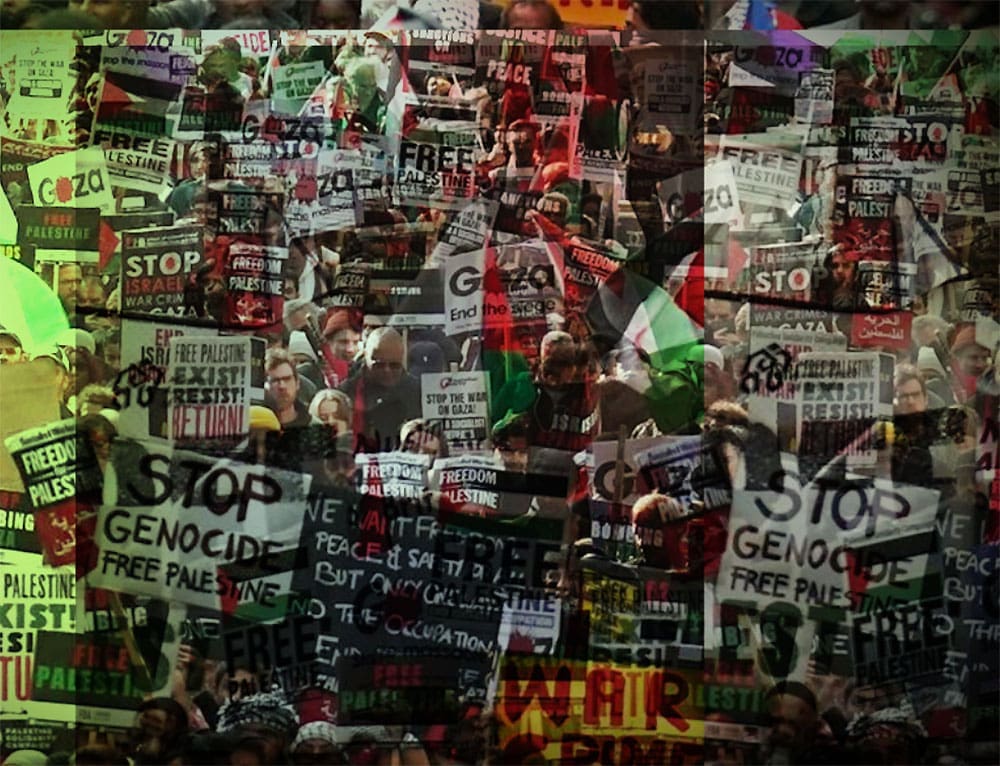
Following Israel’s Attacks on Gaza (2023-24)
In response to Israel’s attacks on Gaza in 2023-24, the Stop the War Coalition significantly intensified its activism. The coalition helped organize a series of massive protests in London, where hundreds of thousands of demonstrators took to the streets demanding an immediate ceasefire and an end to UK complicity in the attacks. These protests, among the largest pro-Palestinian demonstrations in UK history, showcased the coalition’s ability to mobilize public opinion on issues of war and occupation.
The coalition also played a crucial role in challenging UK government policies, calling out military aid and diplomatic support for Israel’s actions. It worked closely with human rights organizations and Palestinian solidarity groups to highlight the humanitarian crisis unfolding in Gaza. Additionally, StWC actively fought against restrictions on protests, condemning police crackdowns and government efforts to silence dissent. The pressure exerted by these protests influenced parliamentary debates, media coverage, and public discourse, ensuring that the plight of Gaza remained at the forefront of political discussions.
A Powerful Voice for Peace
Despite challenges, the coalition continues to be a powerful voice for peace, democracy, and international solidarity. Its work remains essential in an era of growing militarism, ensuring that anti-war perspectives continue to challenge the political establishment. As geopolitical tensions rise, the Stop the War Coalition remains as vital as ever.
"The wars we oppose are not about democracy or human rights. They are about power, control, and the pursuit of resources."
Lindsey German


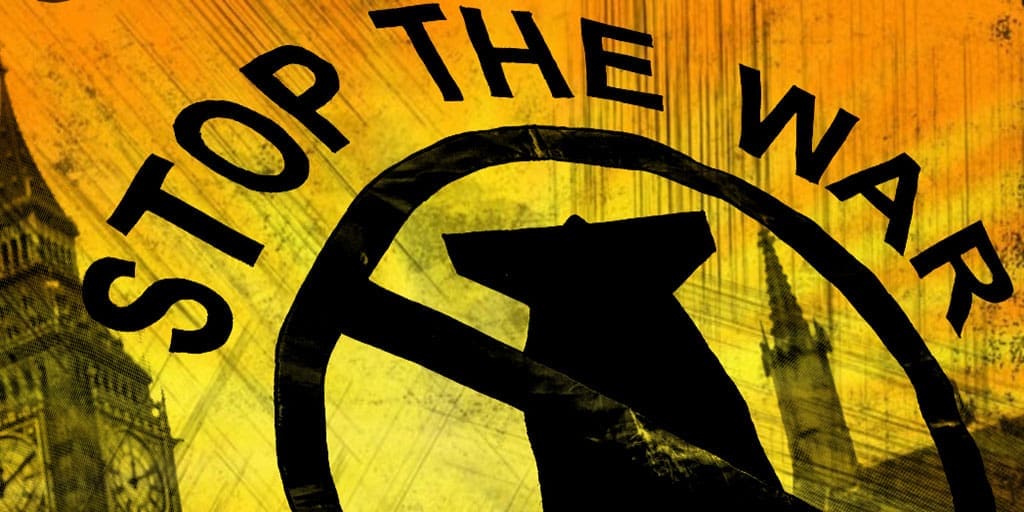
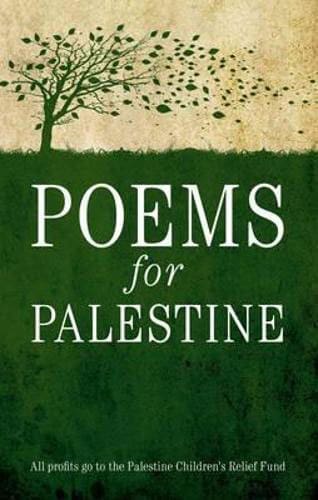
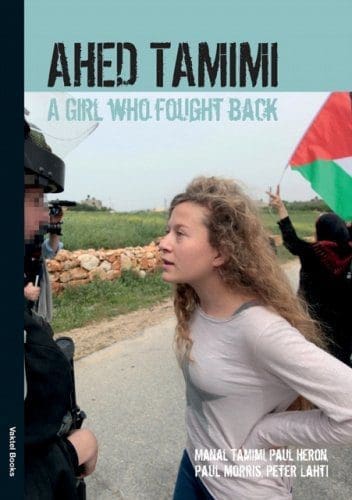
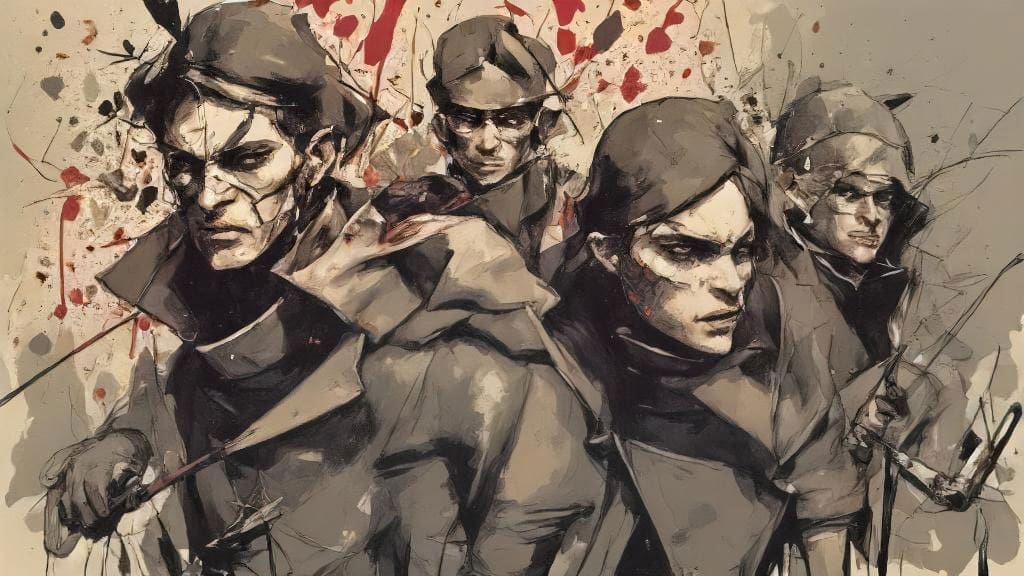


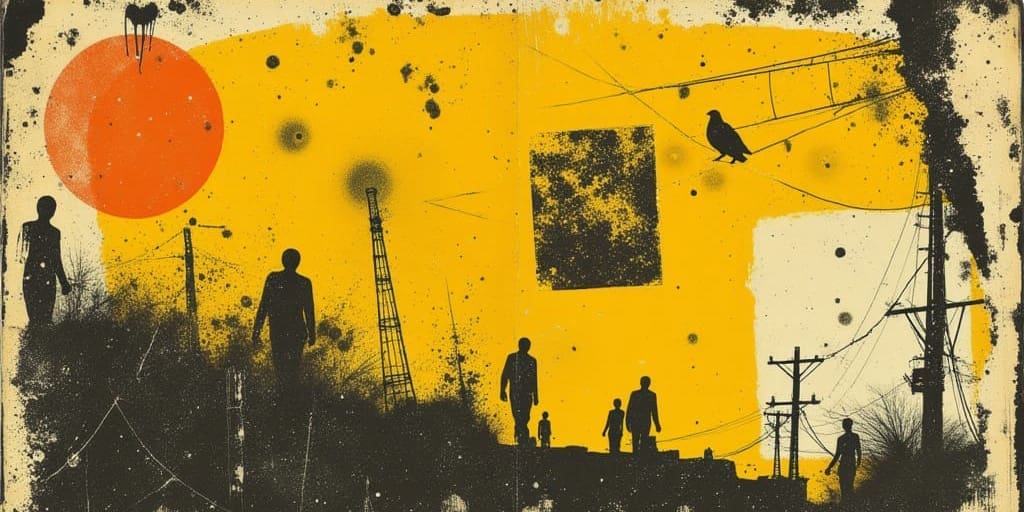
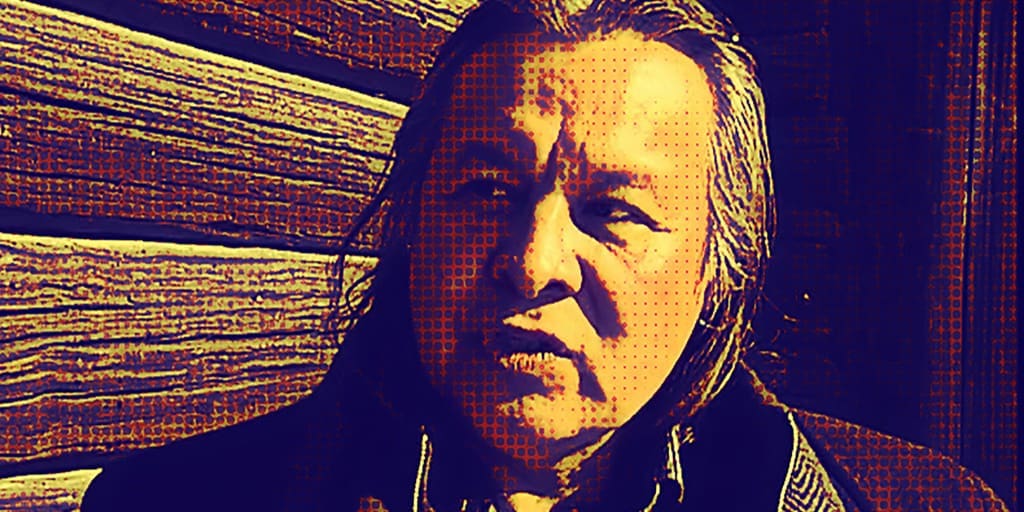
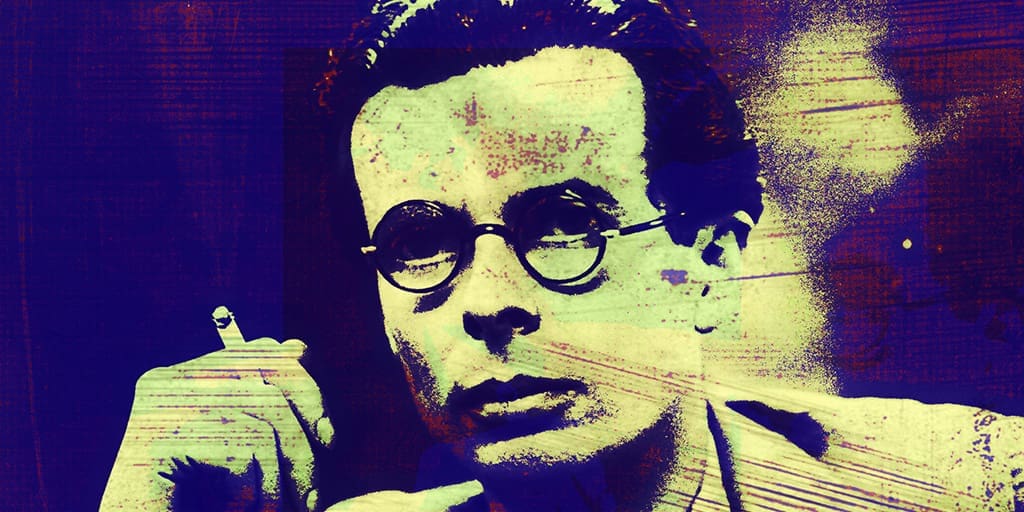

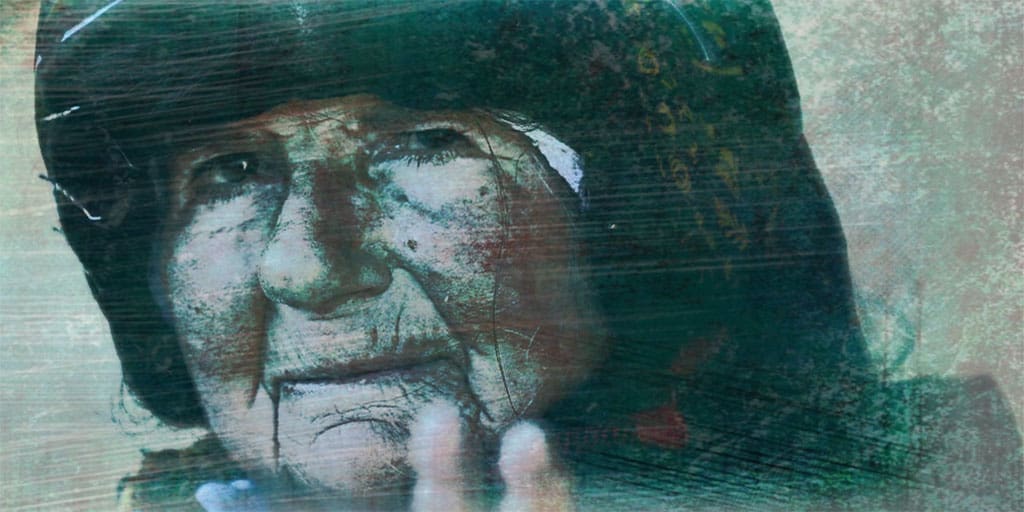

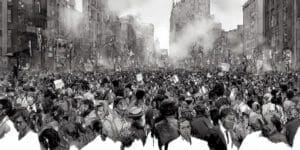


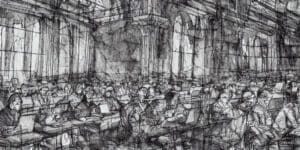
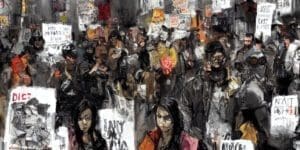




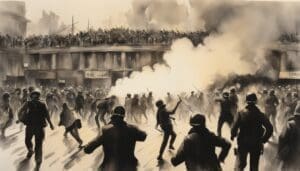









Leave a Comment